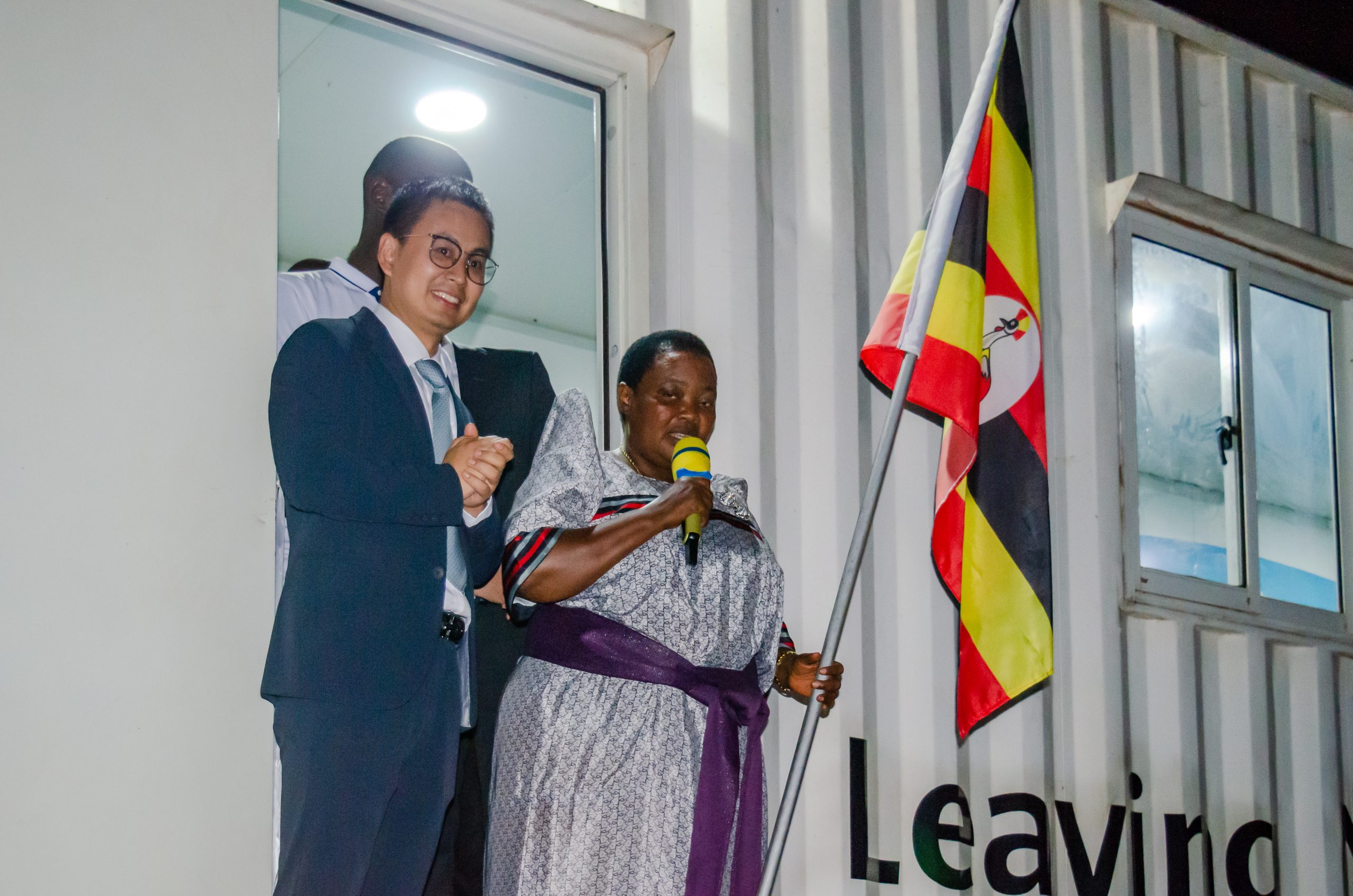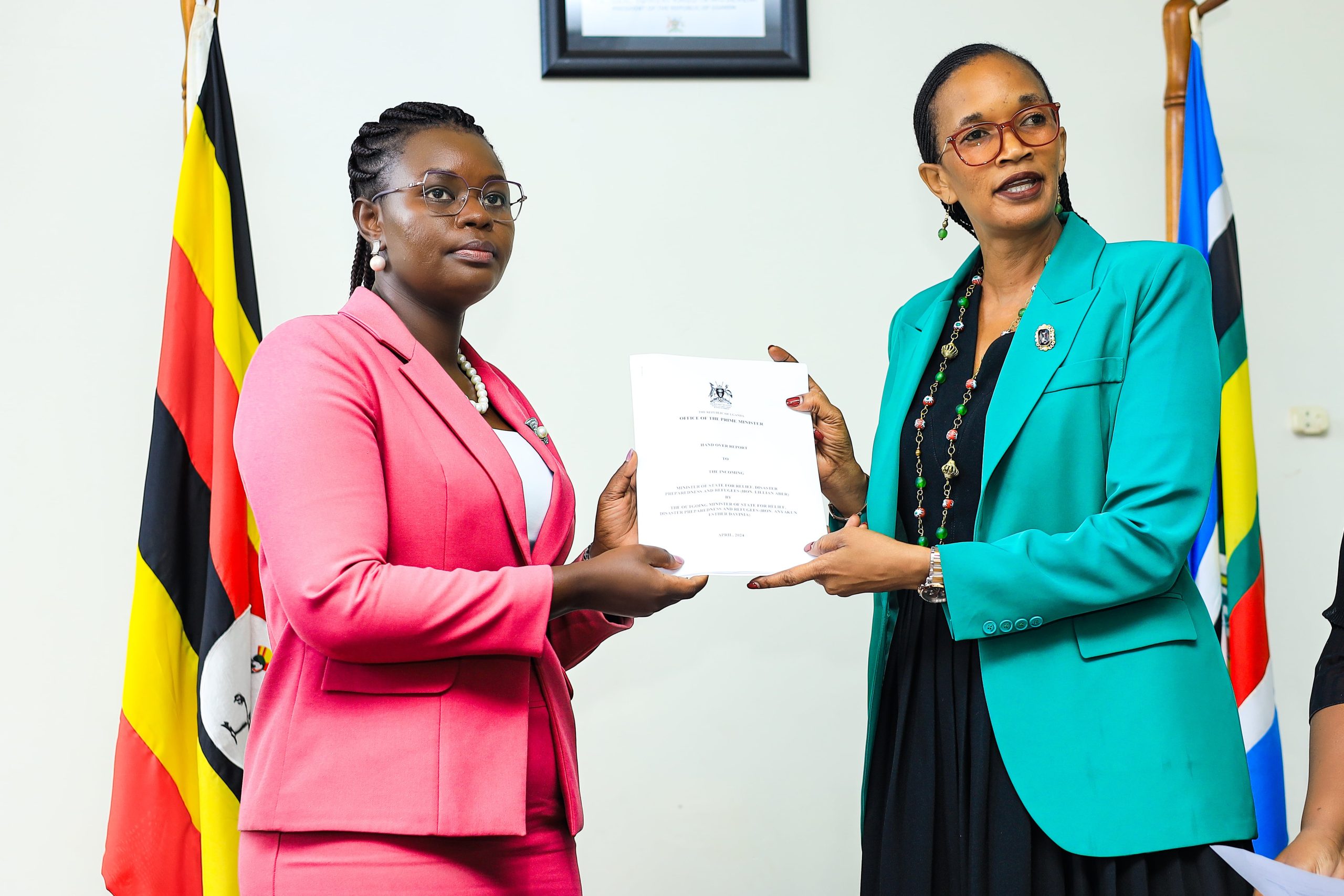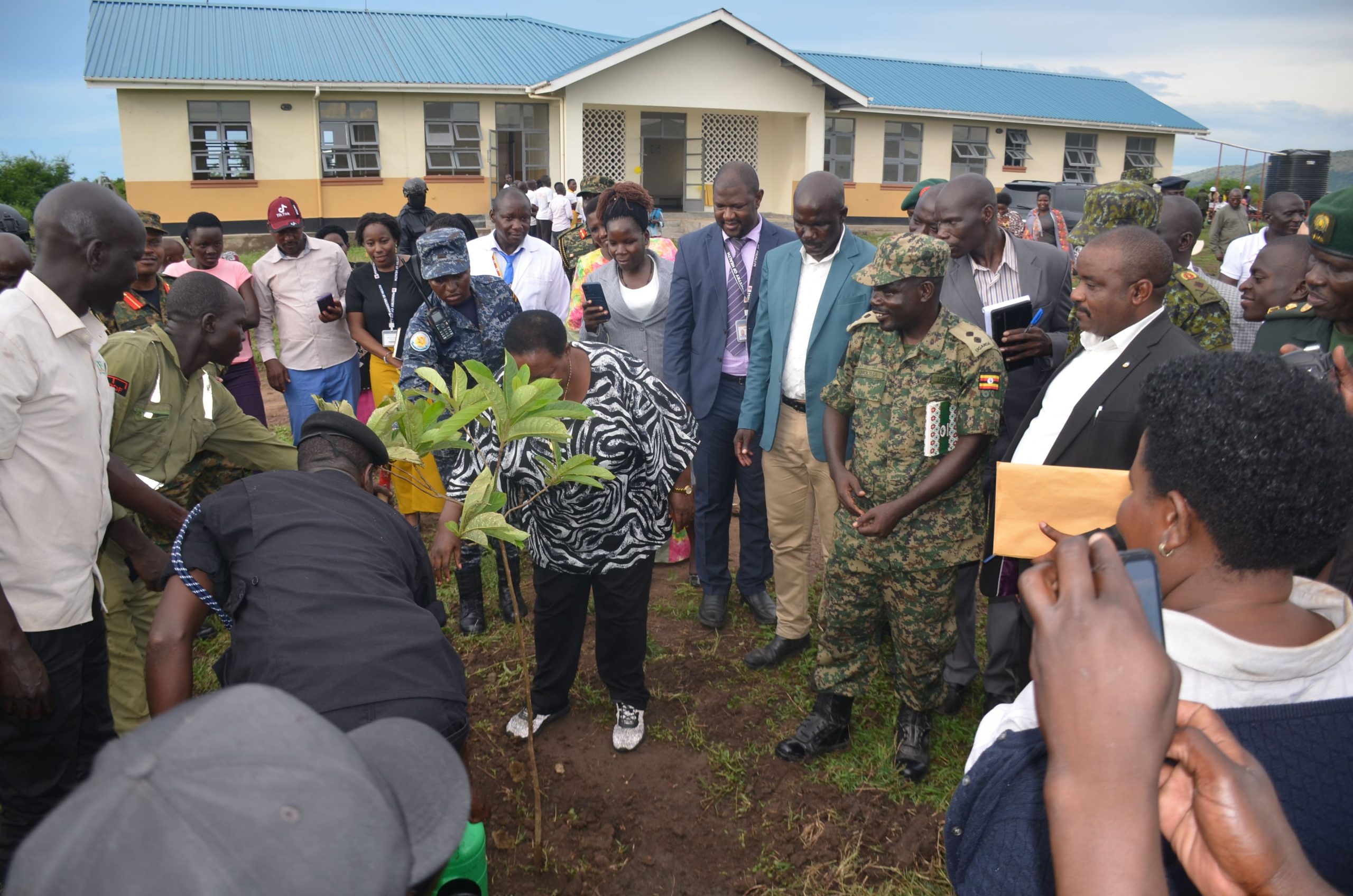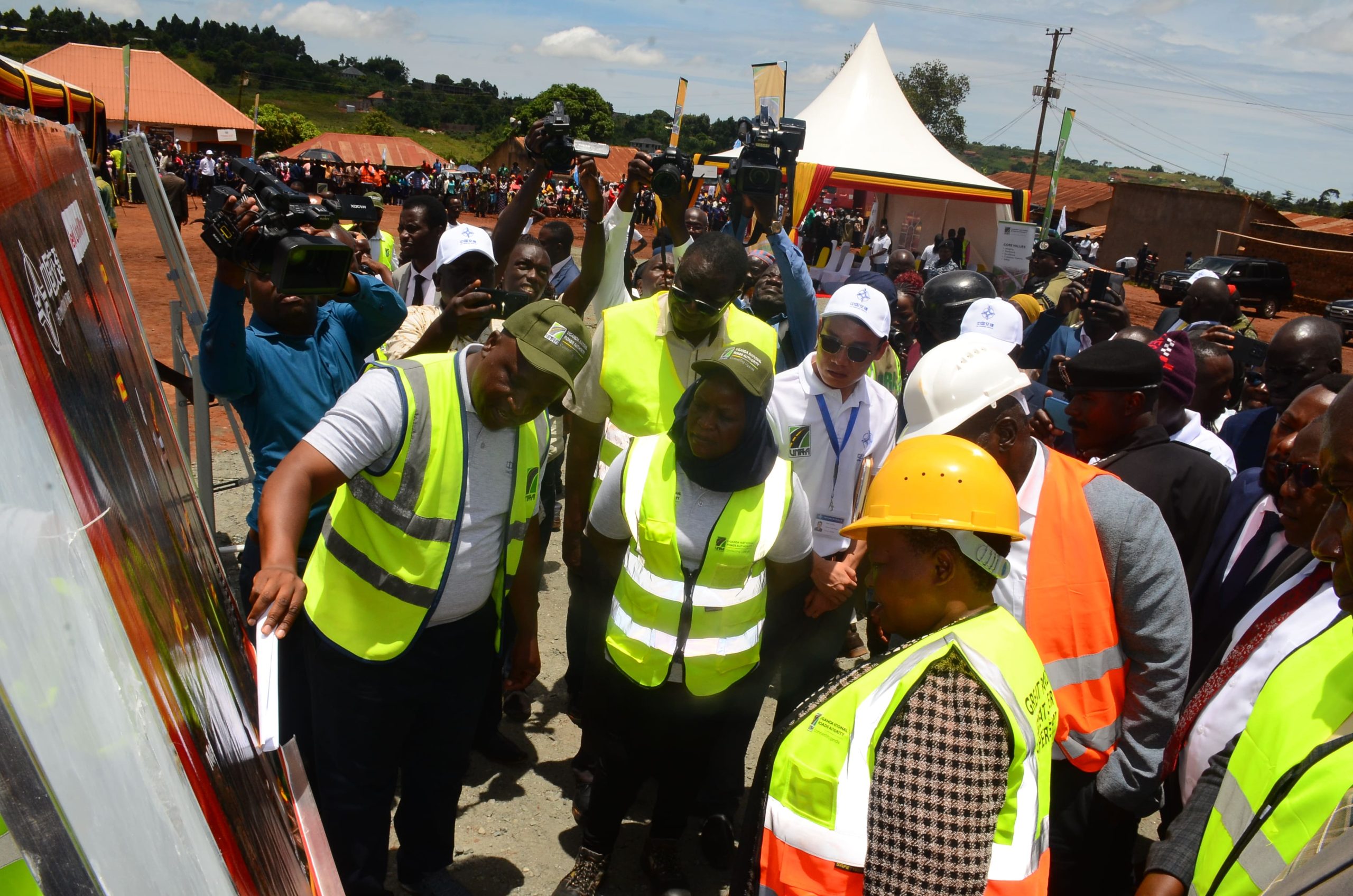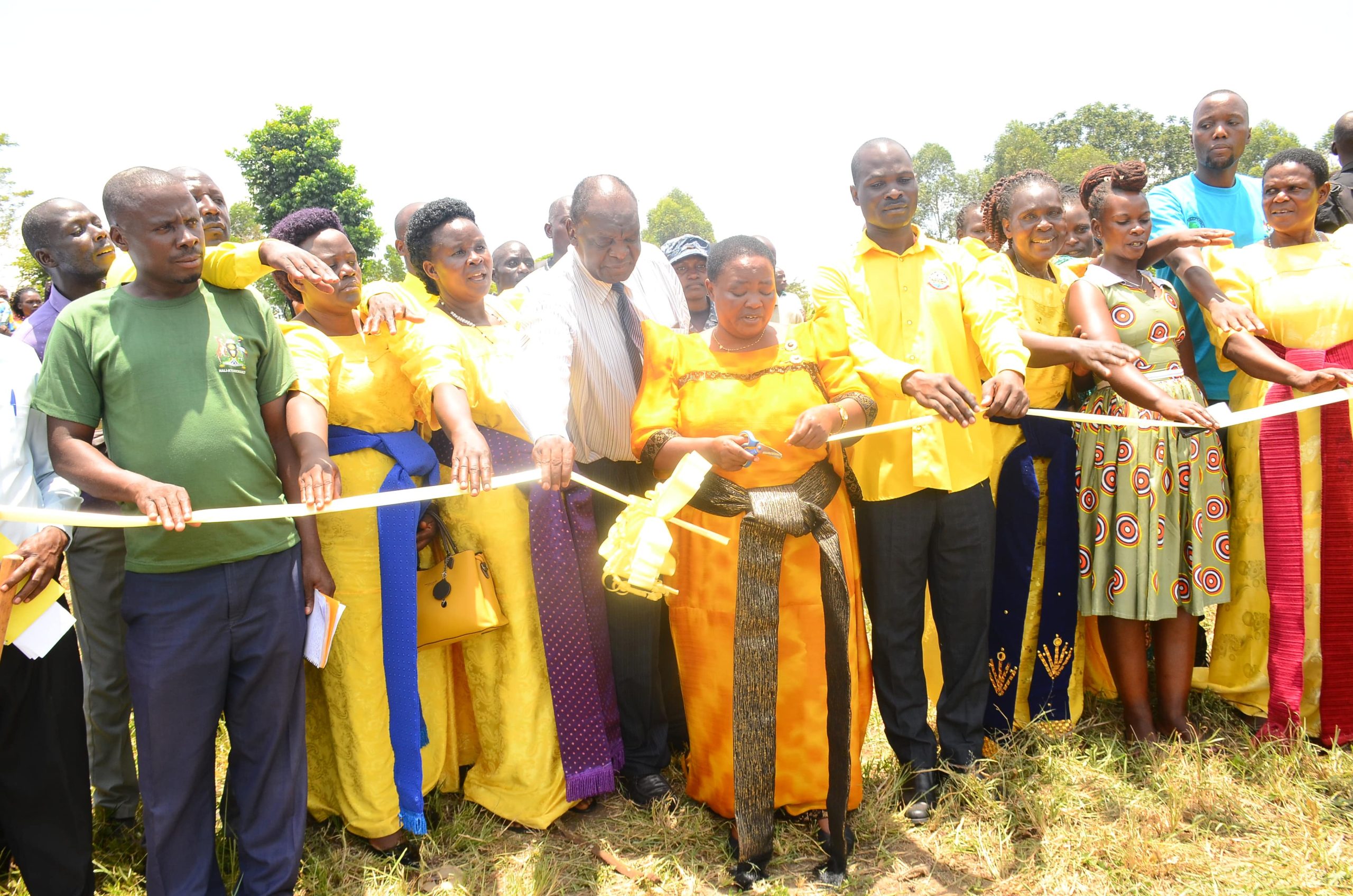By: Ismael Kasooha
KAMPALA
The Prime Minister Rt. Hon. Nabbanja Robinah has unveiled a programme as a continuation of the President’s Wealth Creation Campaign done at regional level.
Nabbanja said that His Excellency the President wrote to her on May 31, 2023, outlining six policy proposals that should be pursued to develop our agricultural sector.
The six policy proposals are: Production, multiplication, distribution, and certification of seeds and stocking materials, Disease control, Agricultural mechanisation and irrigation and Farmer education and mobilisation.
The others are Partnerships with big land owners and Interventions in the fisheries sector.
“If we put emphasis on these issues, I’m sure that the farmers will benefit from their sweat,” said Nabbanja.
However, Nabbanja said that the realisation of the target hinges on the three P’s which is High Production, High Productivity and high profitability.
“Colleagues, I plan to organise eight farmer interaction events, or expos, across the country in the next 2023-2024 financial year, commencing with greater Mubende, which includes the districts of Mubende, Mityana, Kyankwanzi, and Kassanda. This expo will be held at Kinyokya Primary School in Kalangaalo sub-county in Mityana District. The expos will take place in the villages to enable us to reach as many involved in the agriculture value chain as possible,” said Nabbanja.
She said that the agri-business shows will bring together small-holder farmers, large-scale farmers, farmer associations, agricultural researchers, and agri-business companies to exchange ideas on how best to improve production, productivity and profitability.
“The shows will focus on promoting agriculture through the sharing of knowledge and ideas that can improve the farmers’ production, productivity, and profitability,” said Nabbanja. “Through this campaign, we will also address three major challenges faced by farmers that include protecting farmers from fake products/inputs, hiking the prices of inputs, and a lack of information” she added.
“I believe this campaign will facilitate the implementation of the Parish Development Model, the National Development Plan III, and the NRM Manifesto 2021-2026, the Kyankwanzi resolution of June 4, 2023, and the national budget 2023-2024,” she noted.
Nabbanja called upon all stakeholders, including government and non-governmental organisations, to join hands to ensure we change the lives of Ugandans.
The companies involved in value addition will showcase processing and value addition technologies at the expos or during the mobilisation campaign.
All the participants, including the farmers, will be able to see how products like coffee, tea, cocoa, and milk, are processed.
“I have also invited other organisations such as NEMA, NIRA, URA, UNRA, the Bank of Uganda, commercial banks and the Uganda Coffee Development Authority to interact and share information with farmers,” she said.
Nabbanja reiterated that as the Prime Minister and Leader of Government Business in Parliament, she would be traveling to various parts of the country to monitor the delivery of services in schools and hospitals.
“I will also monitor the implementation of the Parish Development Model, Emyooga, and road construction projects, among other government programmes. I call upon leaders in all parts of the country to take part in these monitoring exercises,” Nabbanja said.
Godfrey Kiwanda Suubi, the NRM Vice Chairman in charge Central Uganda said that the campaign had come at the right time when the term of office was almost halfway and would provide a basis for self-evaluation and adjustment.
“We hope that this wealth creation campaign based at the district will greatly boost the morale of the farmers and also address issues affecting production and service delivery at the district level,” said Kiwanda.
The Minister for Local government, Raphael Magyezi appealed to the leaders to start monitoring government programmes instead of waiting for Ministers from Kampala.
“You are elected leaders who should monitor and supervise the progress of implementation of government programmes instead of waiting for Ministers from Kampala,” said Magyezi.
Magyezi said that the progress of government wealth creation interventions heavily relied on the vigilance of the local leaders because they were on ground all the time.
Bwino Kyakulaga, the State Minister for Agriculture, said that the government was coming up with an authority to regulate the use of chemicals for both animals and crops.
Kyakulaga said that government intervention on small-scale irrigation schemes would help address the over-dependence on rain and reduce losses as a result of prolonged dry periods.
End
